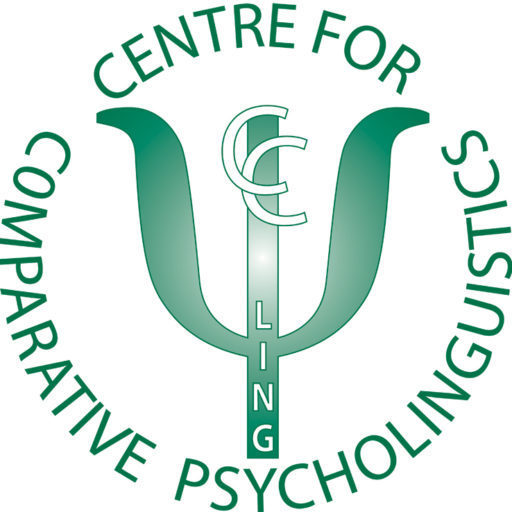Victor Kuperman (McMaster University)
The scientific study of aging has become particularly prolific in recent decades, likely in response to the steady increase in the number and proportion of older persons in the world population. This course reviews a broad spectrum of methodological approaches that psycholinguists apply to the study of the cognitive and emotional functioning in healthy aging. We will focus on experimental and naturalistic data, with an emphasis on freely available resources of secondary data. The course will consider chronometric experiments (lexical decision, semantic decision, recognition memory); rating studies; national census data and international assessments of language-related skills; longitudinal studies of cognitive functioning; and naturalistic corpora of texts written by older adults. Topics covered in the course will include the impact of COVID-19; the role of loneliness and social isolation; cohort effects; the interplay of age and education; linguistic creativity; and emotion regulation, as expressed in language use and processing. Students will be given an opportunity to design and present their own projects based on secondary data.
There are no specific prerequisites for the course, but prior coursework in psycholinguistics and research methods is a plus.
Recommended readings:Wulff, D. U., De Deyne, S., Jones, M. N., & Mata, R. (2019). New perspectives on the aging lexicon. Trends in cognitive sciences, 23(8), 686-698. https://doi.org/10.1016/j.tics.2019.05.003
